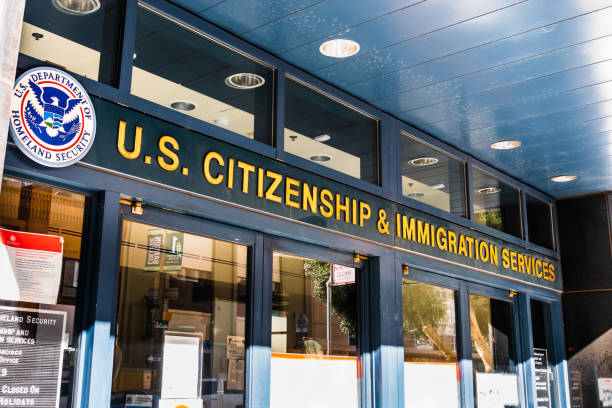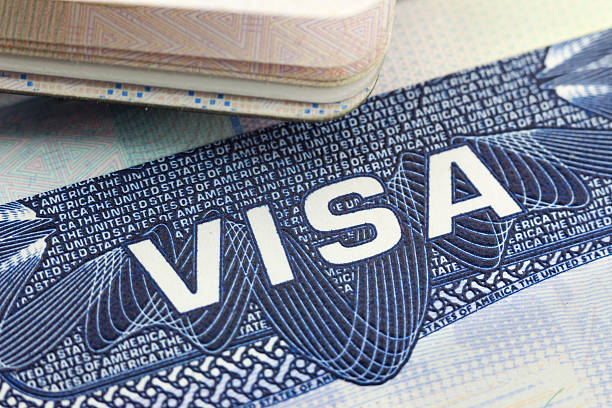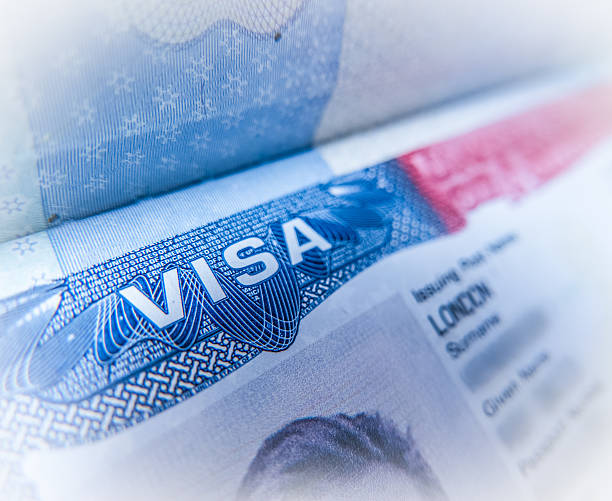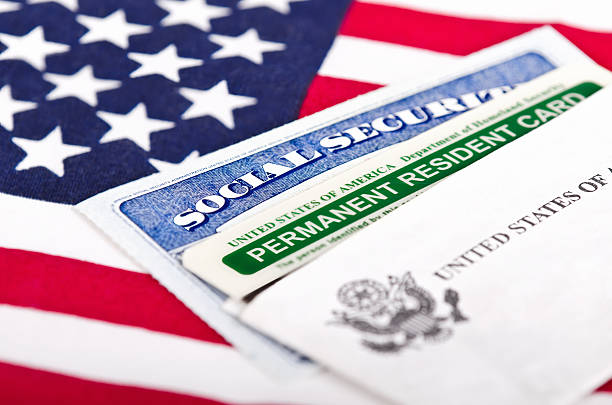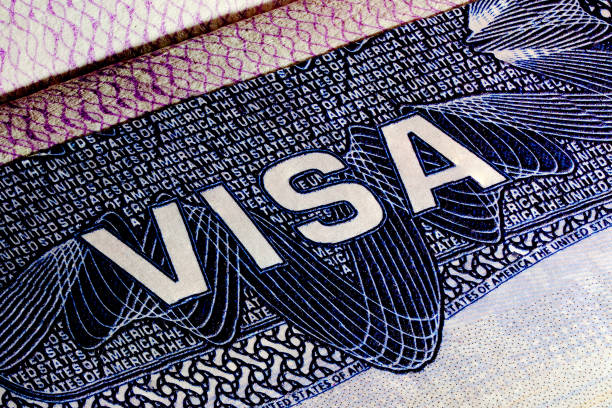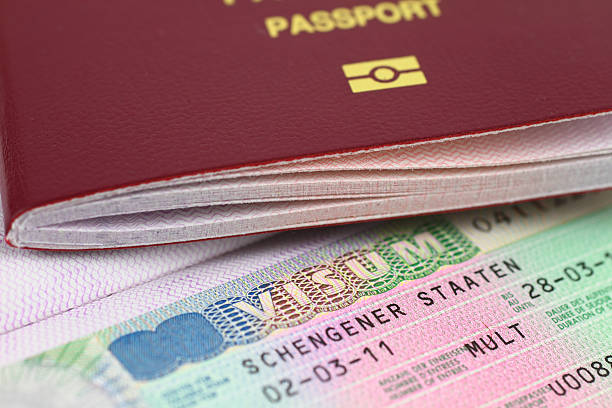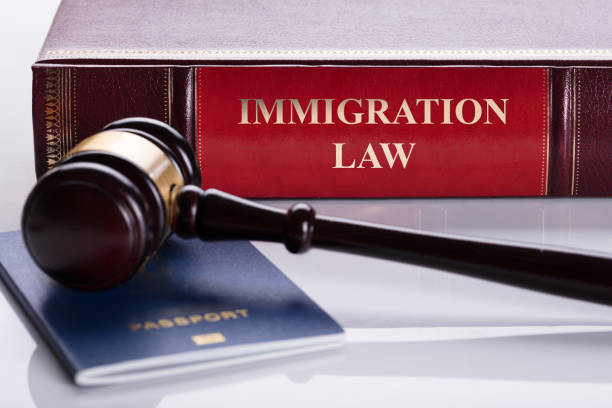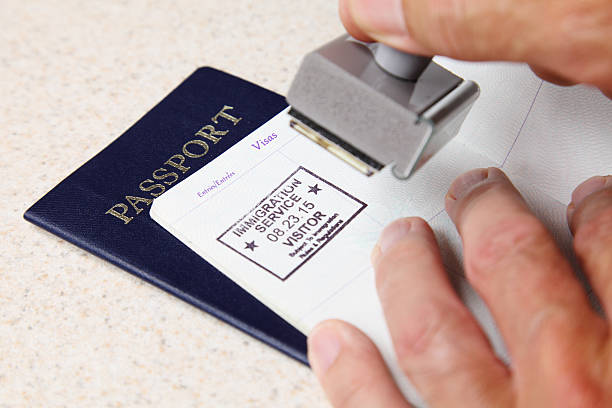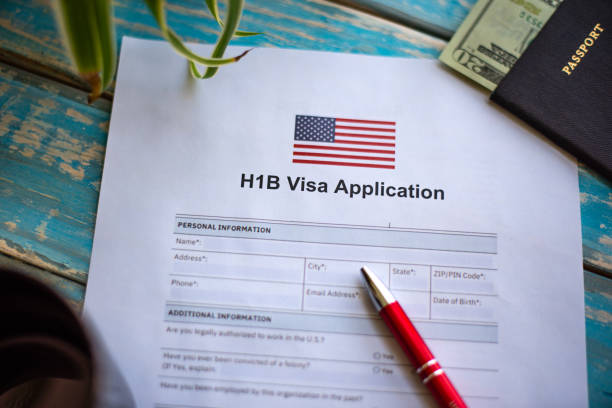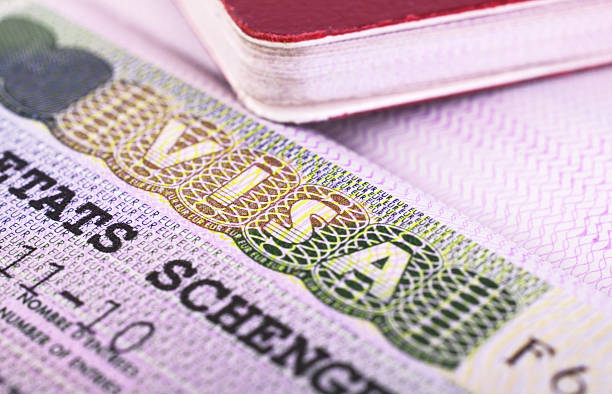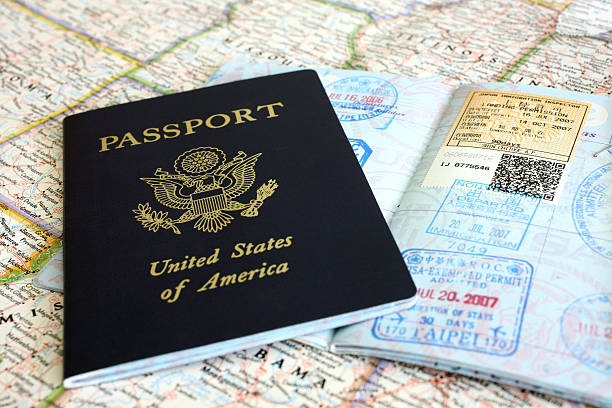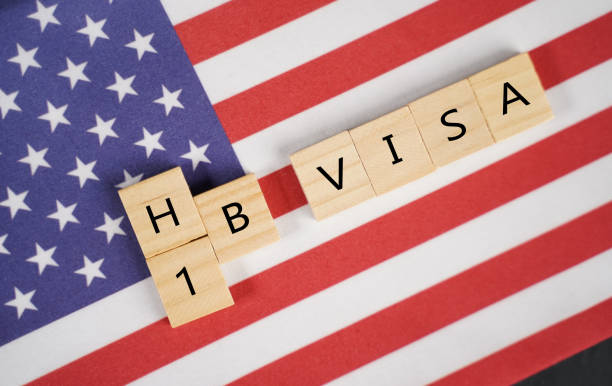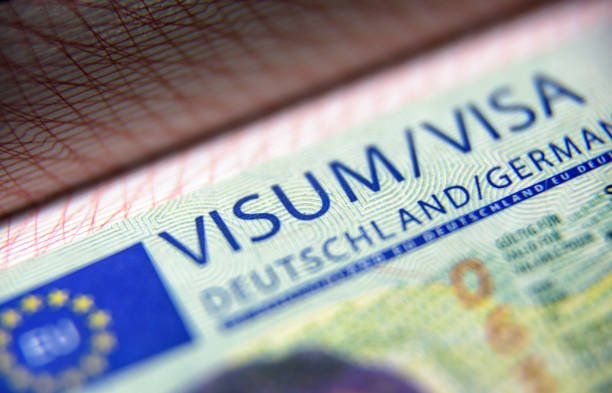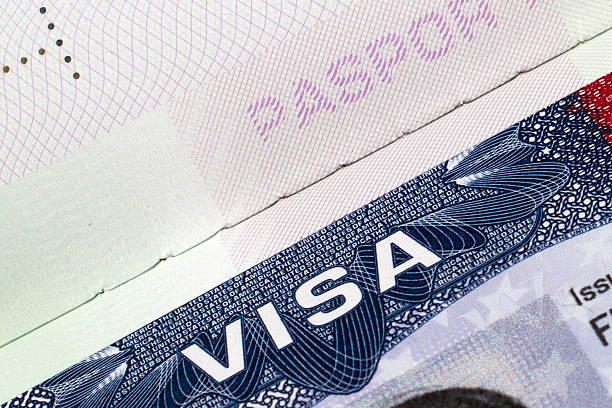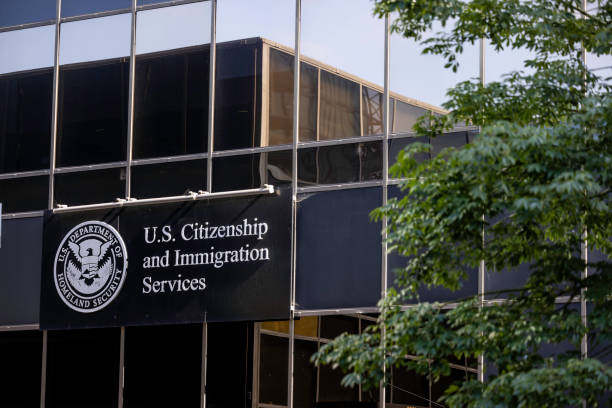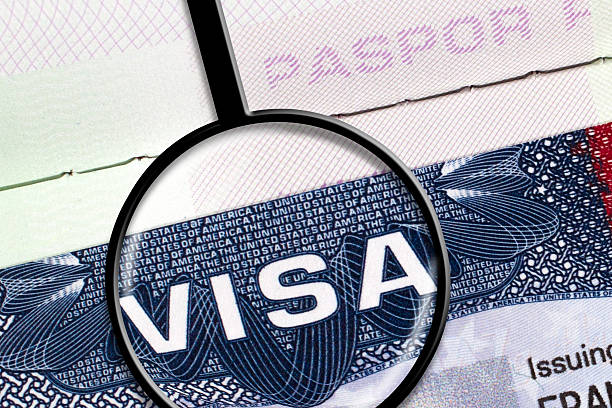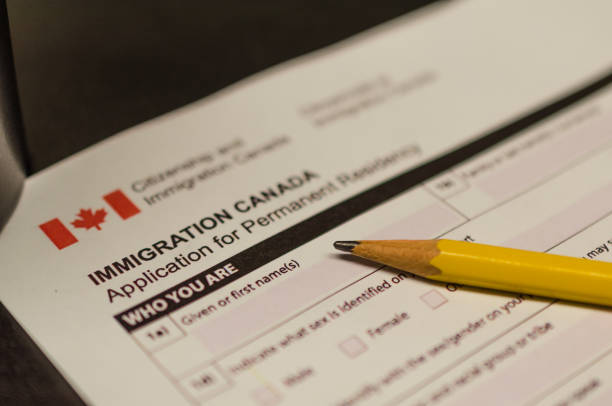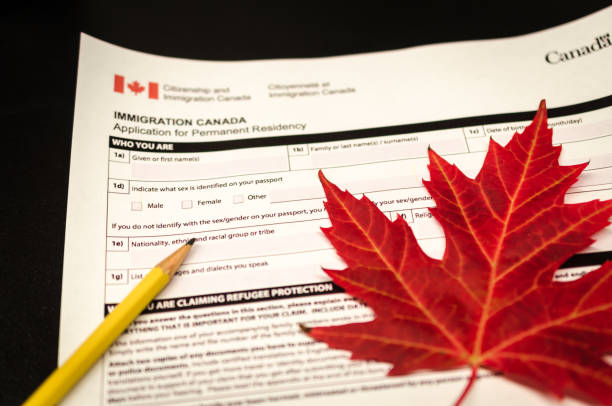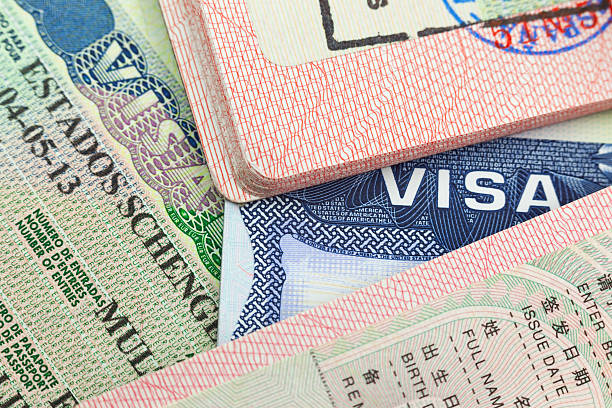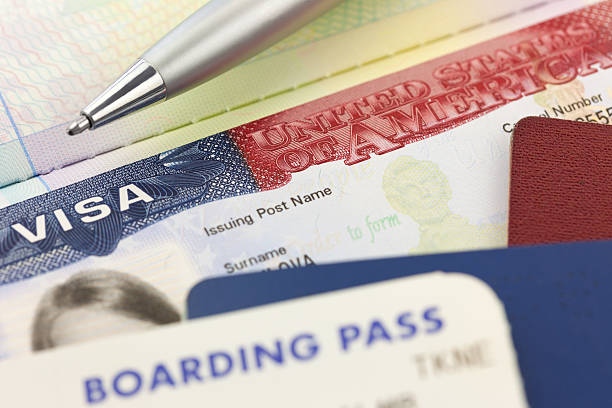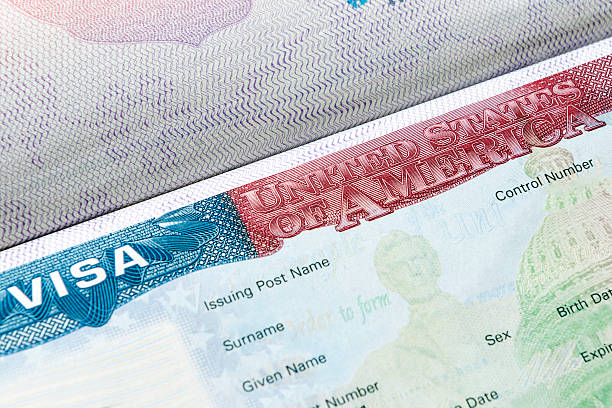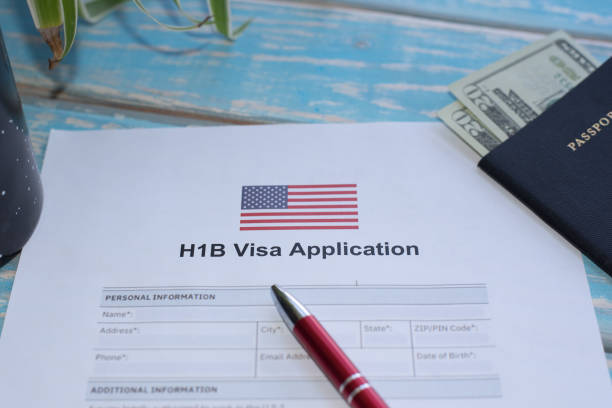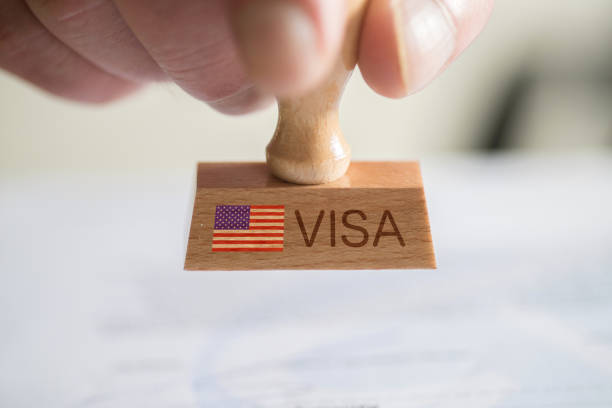
The Role of Education in the Immigration Process
The Role of Education in the Immigration Process
Education plays a crucial role in the immigration process, influencing various aspects of eligibility, application, and settlement. Whether you're seeking to study abroad, apply for a work visa, or transition to permanent residency, your educational background can significantly impact your immigration journey. This blog explores how education affects immigration and provides insights into leveraging educational qualifications for a successful immigration process.
1. Educational Qualifications and Visa Eligibility
Educational qualifications are often a key factor in determining eligibility for various types of visas and immigration programs.
1.1. Student Visas
For individuals seeking to study abroad, having a recognized and relevant educational background is essential for obtaining a student visa. Educational institutions often require proof of prior academic achievements and qualifications as part of the admission process.
Learn more about student visa requirements at Study Abroad.
1.2. Work Visas
In many countries, having specific educational qualifications and professional certifications can enhance your chances of securing a work visa. Employers and immigration authorities often look for candidates with relevant educational backgrounds that align with the job requirements.
1.3. Skilled Migration Programs
Educational qualifications play a vital role in skilled migration programs, such as the Express Entry system in Canada or the General Skilled Migration program in Australia. These programs assess applicants based on their education, work experience, and other factors to determine eligibility for permanent residency.
Explore skilled migration programs at Australian Immigration or Canadian Immigration.
2. Education as a Factor in Immigration Points Systems
Many countries use points-based immigration systems where education is a key factor in calculating eligibility and ranking applicants.
2.1. Points-Based Systems
Points-based systems, such as those used in Australia, Canada, and the UK, assign points for various criteria, including education. Higher educational qualifications can earn more points, increasing your chances of being invited to apply for a visa or residency.
2.2. Credential Assessment
In points-based systems, having your educational credentials assessed by a recognized authority is often required. Credential assessment verifies the equivalency of your foreign qualifications to the standards of the host country.
Find out more about credential assessment at World Education Services.
3. Impact of Education on Employment and Integration
Education not only affects visa eligibility but also plays a role in employment opportunities and successful integration into a new country.
3.1. Job Opportunities
Having a strong educational background can improve your job prospects in a new country. Employers often prioritize candidates with relevant qualifications and skills, which can lead to better employment opportunities and career advancement.
3.2. Professional Development
Continuing education and professional development can enhance your skills and qualifications, making you more competitive in the job market. Many immigrants pursue further education or professional certifications to align with local industry standards.
Learn more about professional development opportunities at Coursera or edX.
3.3. Cultural and Social Integration
Education can also facilitate cultural and social integration by providing opportunities to engage with local communities and networks. Attending educational institutions or participating in community programs can help you build connections and adapt to your new environment.
4. Navigating Educational Requirements for Immigration
Understanding and meeting educational requirements is crucial for a smooth immigration process.
4.1. Researching Requirements
Research the educational requirements for your desired visa or immigration program. Each country has specific criteria, and knowing these requirements will help you prepare and meet the necessary qualifications.
4.2. Preparing Documentation
Gather and prepare all required documentation related to your education, including transcripts, diplomas, and credential assessments. Accurate and complete documentation is essential for a successful application process.
4.3. Seeking Professional Advice
Consider seeking advice from immigration consultants or legal professionals to navigate the educational requirements and ensure that your application is complete and compliant with the regulations.
Find more information on seeking professional advice at American Immigration Council.
5. Conclusion
Education plays a pivotal role in the immigration process, influencing visa eligibility, points systems, employment opportunities, and integration. By understanding the impact of education and preparing accordingly, you can enhance your chances of a successful immigration journey. Whether you are applying for a student visa, work visa, or permanent residency, leveraging your educational background is key to navigating the immigration process effectively.








